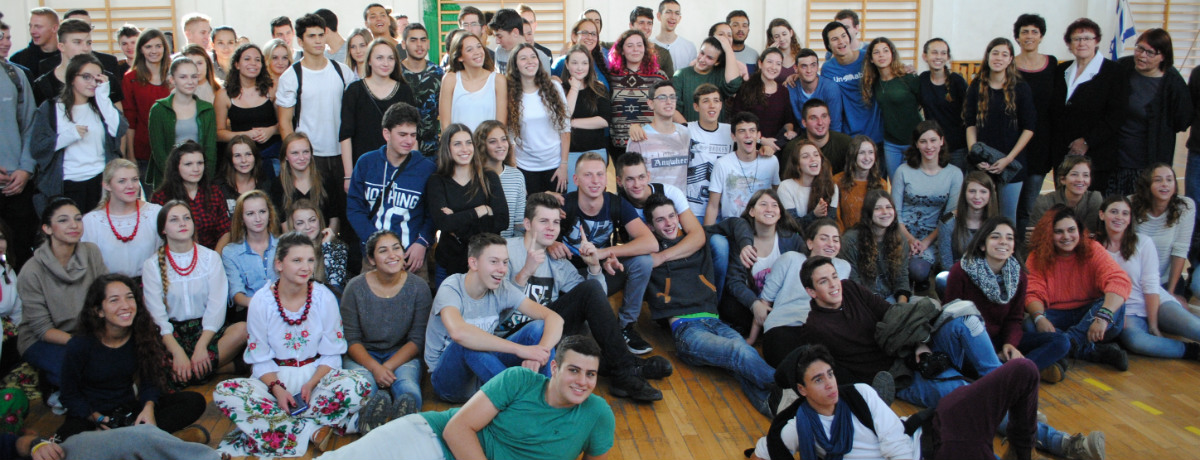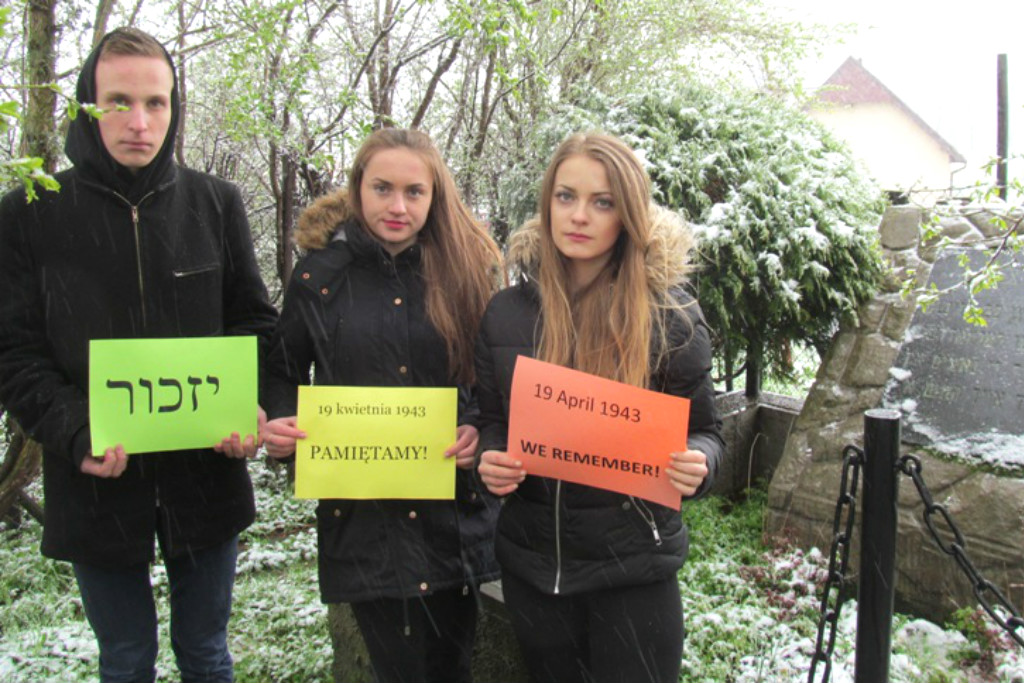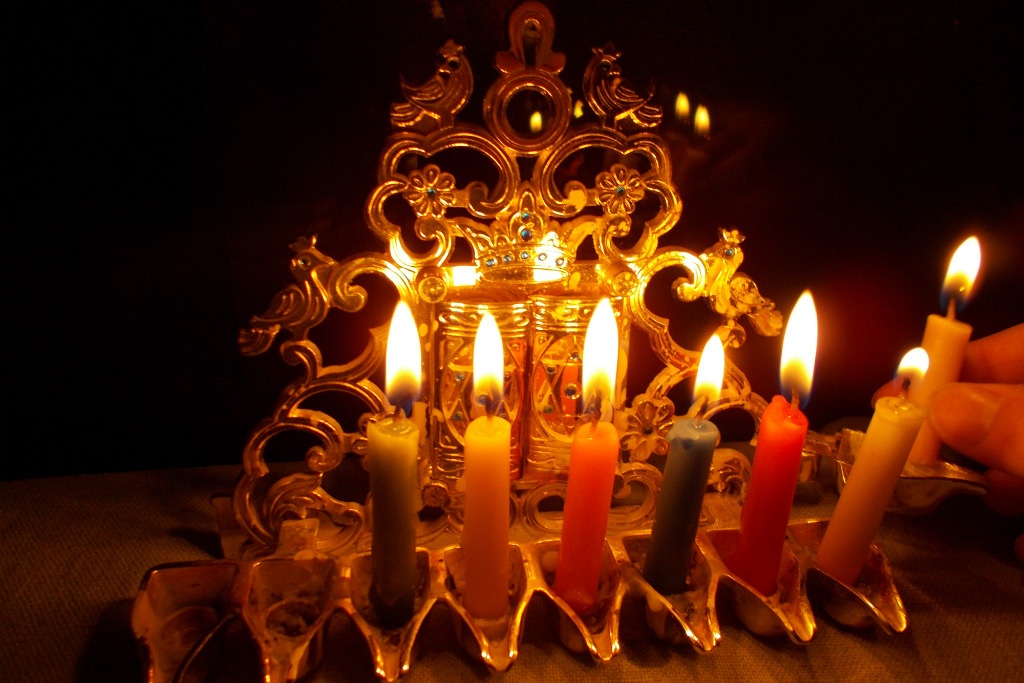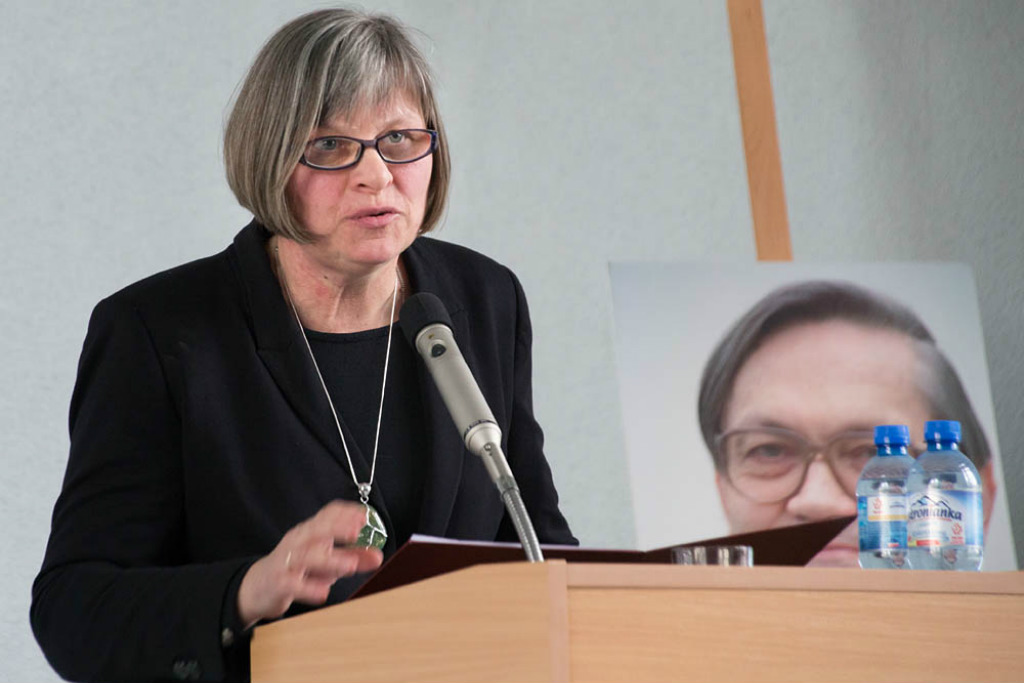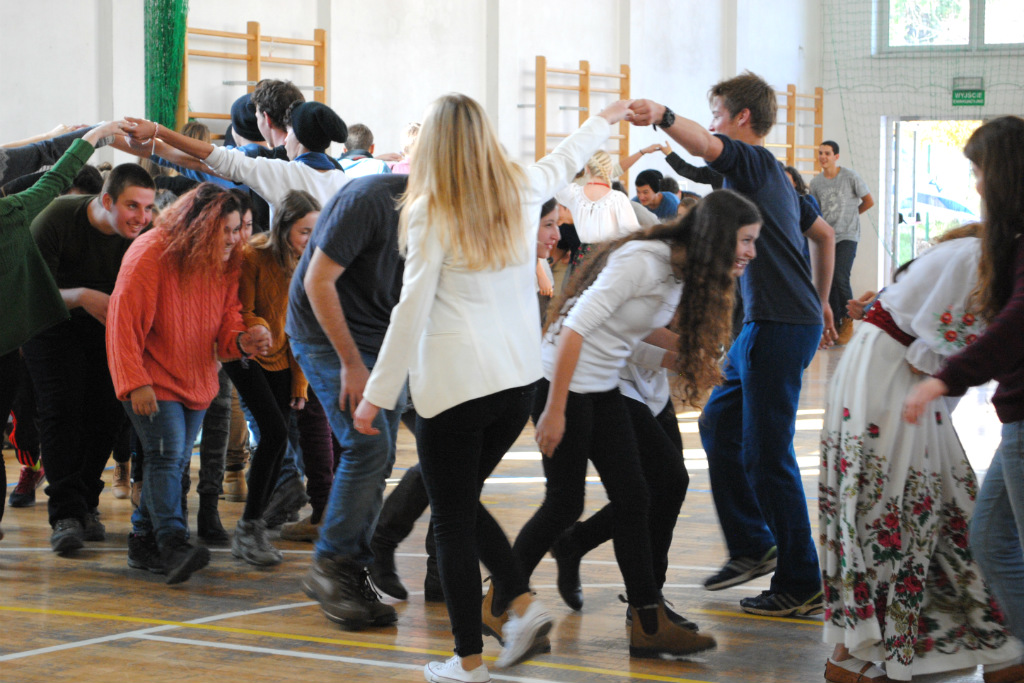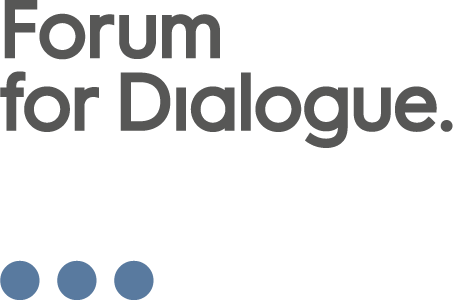For many years I was completely unaware of the subject. It all started during my theology studies in Krakow, in particular when we were studying the Bible. The fascination with the Old Testament caused not only a dream to name my children Rachel and Jacob (he must have loved her very much to wait 14 years for her at the time when we were still on trees or in caves) – today many people see it as a proof of our “Jewishness”, because this dream did come true, although at the time I was not at my “Jewish” stage. This came later. During my studies I lived in different places and one of them was in the district of Kazimierz in Krakow, and so I wrote my MA thesis (no, at that time I was not dealing with the subject. I was writing about pastoral theology and dialogicality of culture, so a dialogue was already appearing…) by typing it in a semi-legally rented room on Józefa Street. It was only then, there, that the culture and history of Jews began to slowly reach me. I walked around Kazimierz, which at the time was dirty and neglected, I took pictures of remaining Hebrew signboards, I went to TSKŻ meetings, not knowing whether – as a Goy – I was allowed, also a little afraid of the legendary Henryk Halkowski, who would look at me with suspicion.
Urszula Antosz-Rekucka
Mszana Dolna



